Why this seaplane crashed with 11 people on-board
The plane crashed into trees on an island in the Whitsundays.
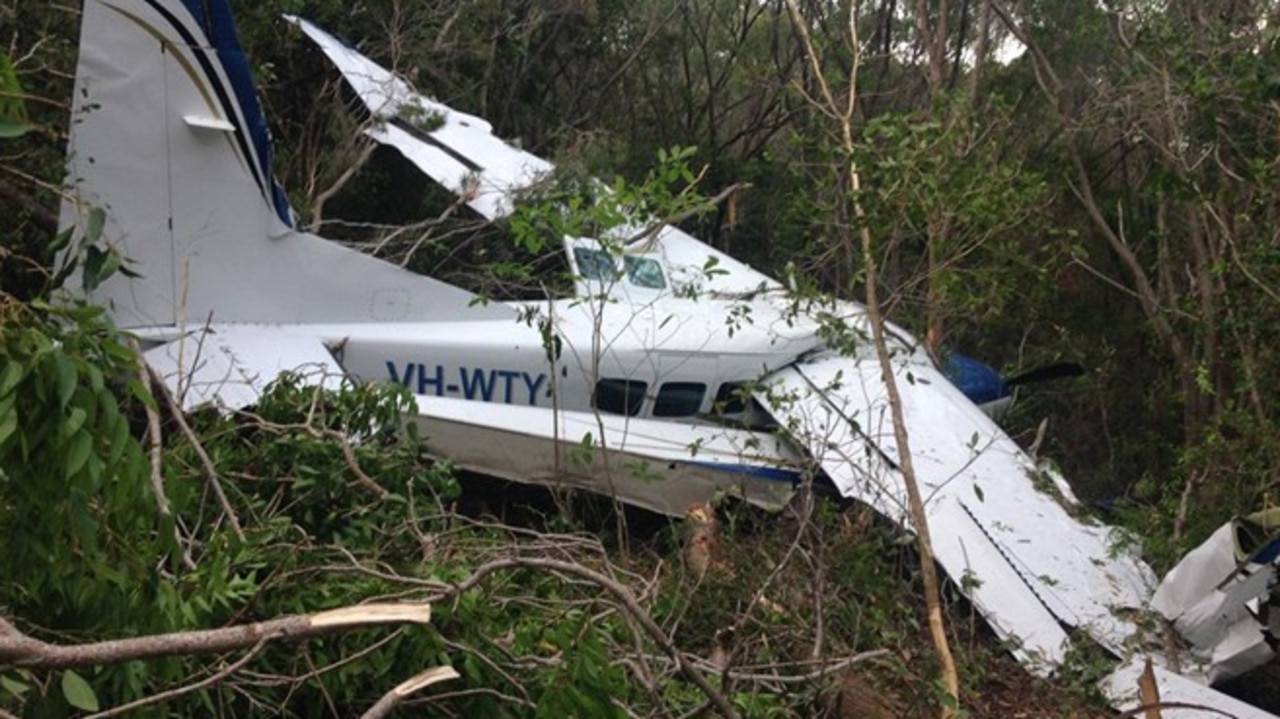
Mackay
Don't miss out on the headlines from Mackay. Followed categories will be added to My News.
AN INVESTIGATION into a plane crash in the Whitsundays found the pilot's delayed decision led to the aircraft crashing - with 10 tourists on-board - into trees during a baulked landing a Chance Bay.
The seven women and four men had enjoyed a joy flight over the Great Barrier Reef, departing from Hamilton Island, when it crashed onto Whitsunday Island in the afternoon of January 28, 2016.
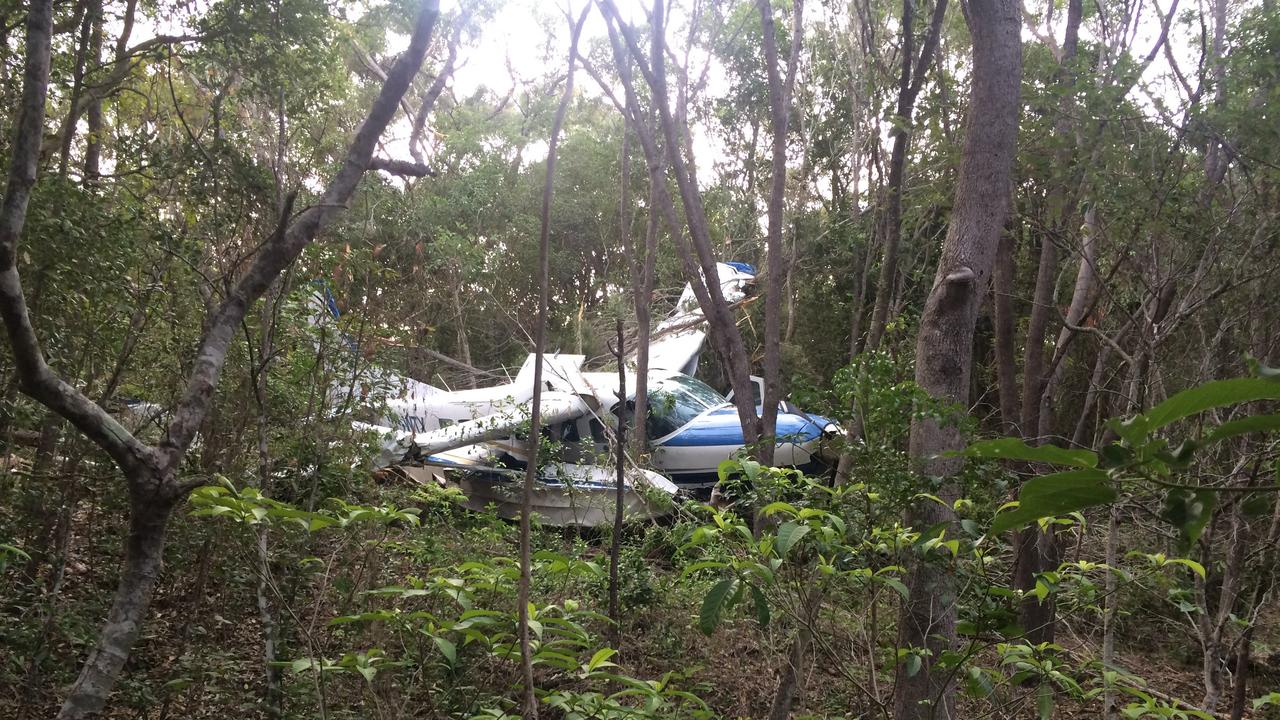
More than four years later and the Australian Transport Safety Bureau has released its final report into the non-fatal incident.
On the day the Whitsunday Air Services pilot had been conducting a routine landing at Chance Bay when the seaplane bounced on the water three times before crashing into the trees, part way up a ridge about 150 metres from the main beach.
More stories:
How father of four avoided custody for drug possession
Quick-thinking heroics in Airlie Beach restaurant explosion
Magistrate explains bail decision on bestiality, extortion
An ATSB investigation found the pilot had initially delayed touching down on the water to avoid a wind gust.
The report said while a desire to avert unsuitable landing conditions motivated this decision, it resulted in the aircraft first touching down outside the recommended landing area at Chance Bay and much closer to the nearby terrain.
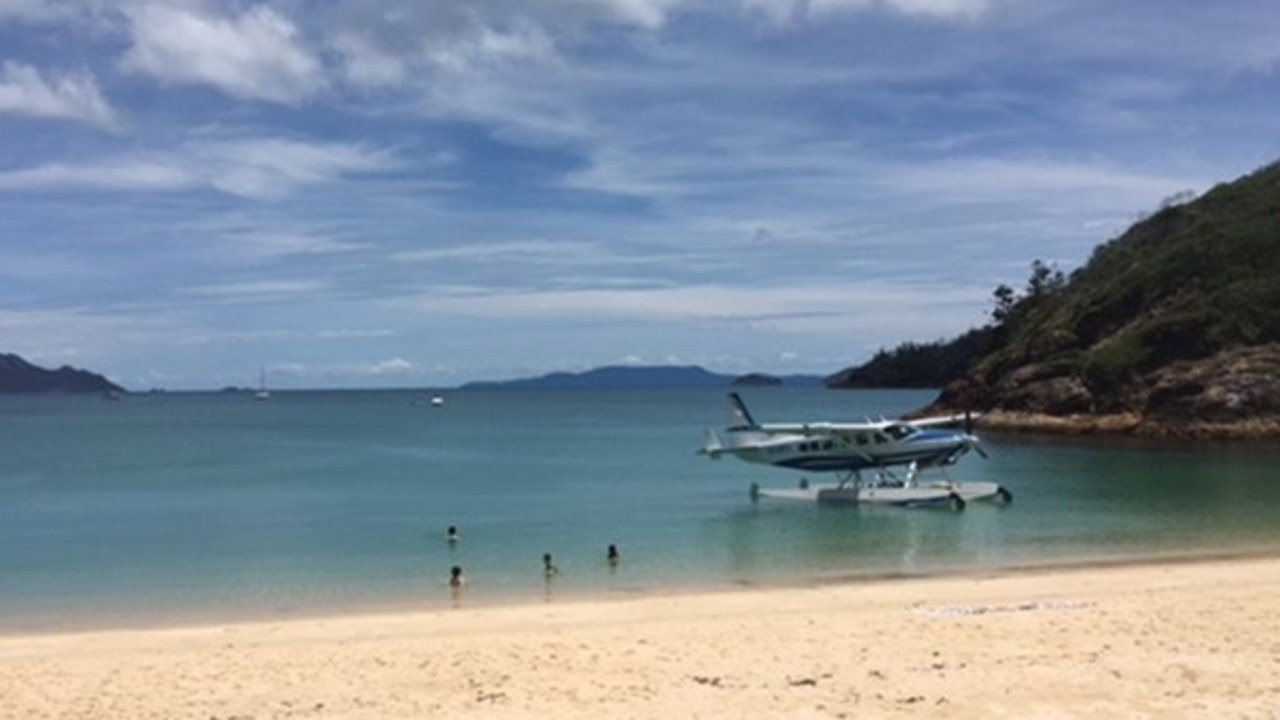
More stories:
'Silly stunt': CFMEU's scathing response to LNP alliance
Retailers' green approach for a sustainable future
Anglo reviews bonuses as blast inquiry faces delays
This was followed by two further bounces on the water and closer to the beach before the pilot attempted a baulked landing in the Cessna Aircraft Company C208 Caravan seaplane.
The report found rather taking the usual go-around route over the water, he flew straight ahead towards the terrain in his attempt to land the plane, which is "within the documented performance capabilities of the Caravan".
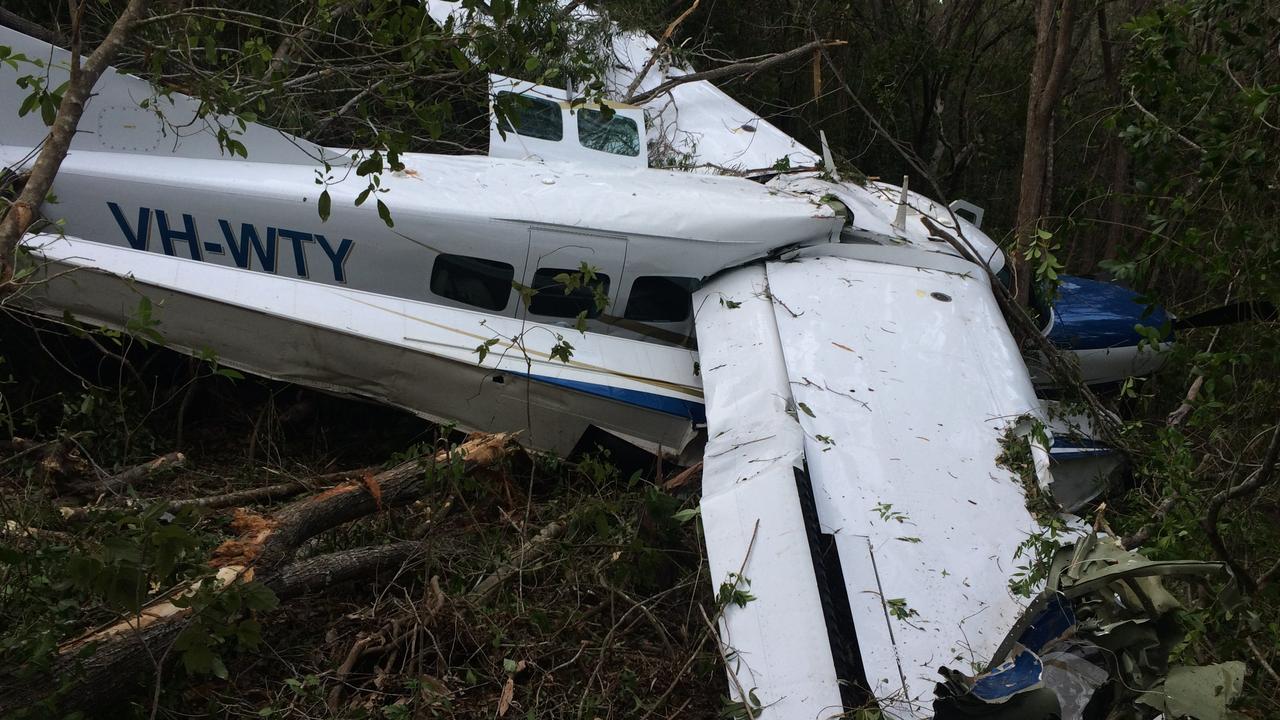
However, he had not used all available power and optimal speed.
The pilot realised the plane "was not climbing as expected and would not clear the terrain", so he turned away from the saddle towards higher terrain "and placed the aircraft in a downwind situation".
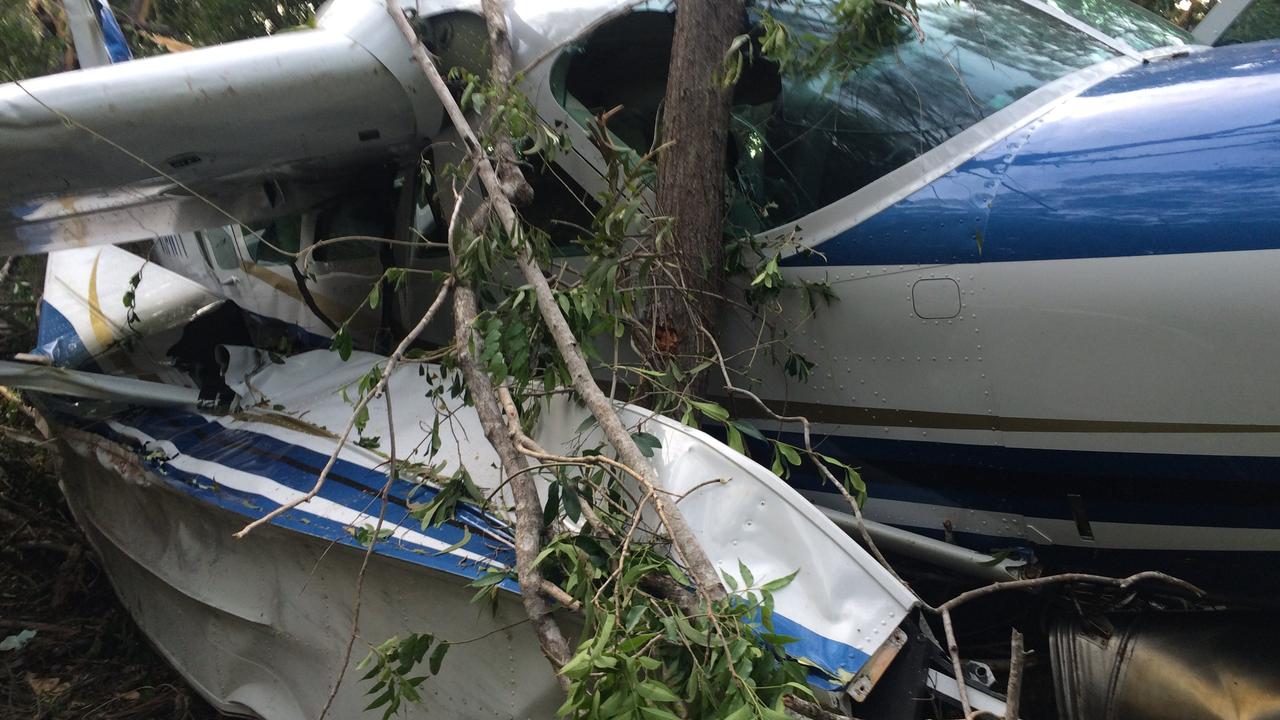
More stories:
WATCH: 3-tonne 'fatberg' pulled from Mackay sewer
'Party pooper': Mystery thief drives off with loo
Squatter dope farmers targeting cane paddocks
Investigators found although the pilot was familiar with the area, having flown there 11 times in the previous 90 days including earlier that day in the seaplane, he "had not conducted a go-around in any aircraft at Chance Bay during line operations, nor conducted a go-around in the Caravan with a loaded aircraft weight".
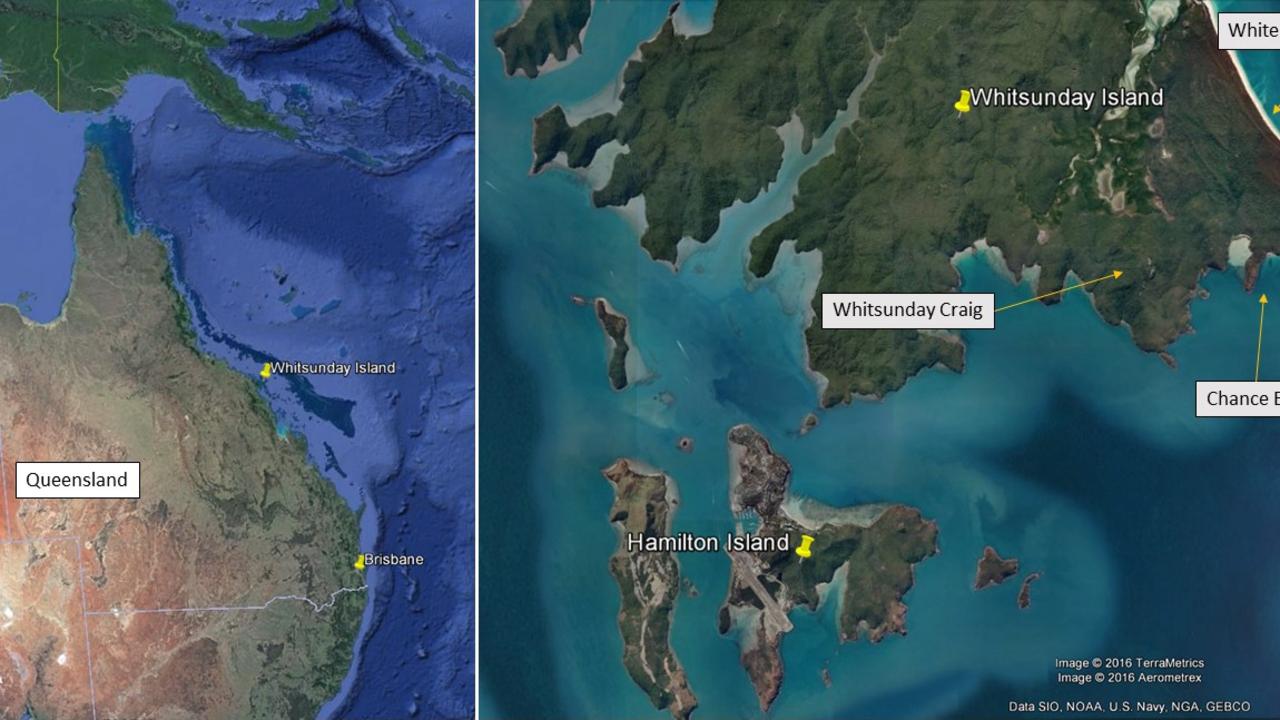
"This may have influenced his knowledge and judgment around the expected performance of the aircraft, including not using the available transient power or the correct-go-around airspeed, and the distance required to safely conduct a go-around," the report said.
"Despite this, flying well beyond the decision point and persisting with conditions that were not conducive for a safe landing meant the decision to conduct a go around was made late in the approach.
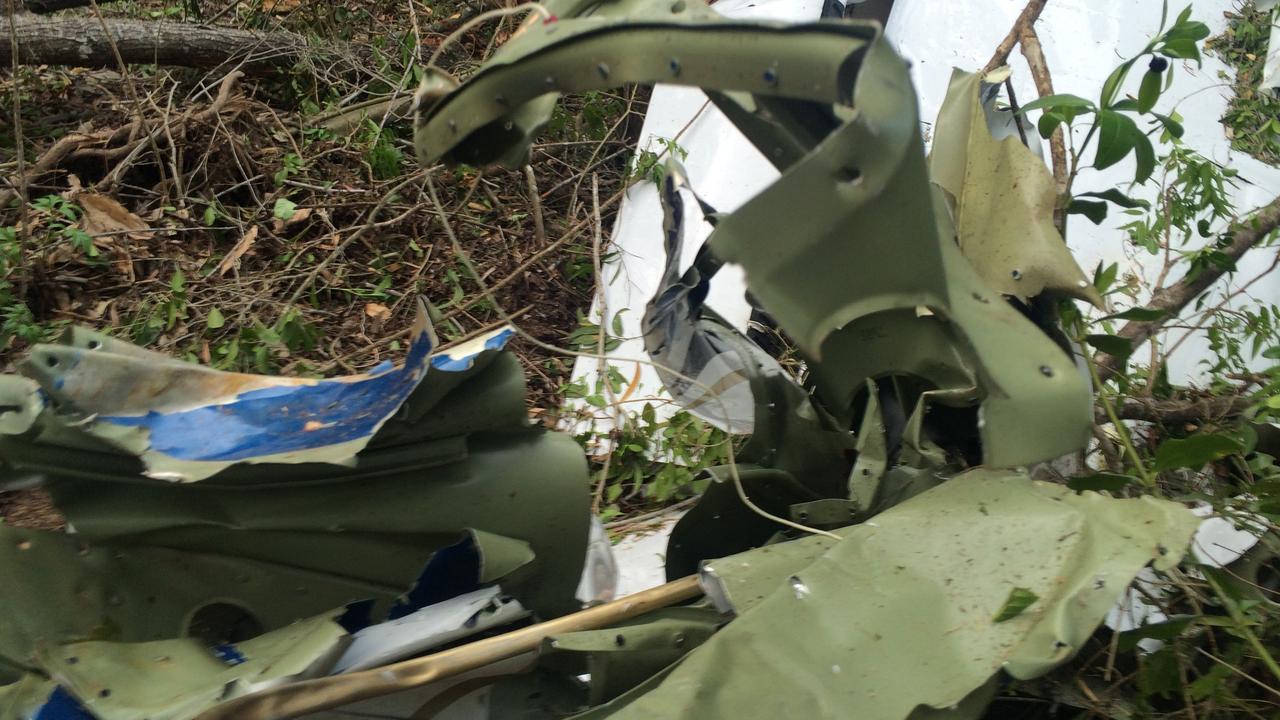
Subscriber benefits:
Your daily dose of Harry Bruce cartoons
Five ways to get more from your digital subscription
WATCH: Your guide to reading the Daily Mercury online
"The late decision reduced the options and margins available for a safe outcome and ultimately led to the ground collision."
The aircraft was fitted with lap-sash seatbelts in the passenger seats and five-point harnesses in the pilot and co-pilot seats.
The report also found pilot and passenger survivability on the plane was likely enhanced by the correct use of the available seat belts.







